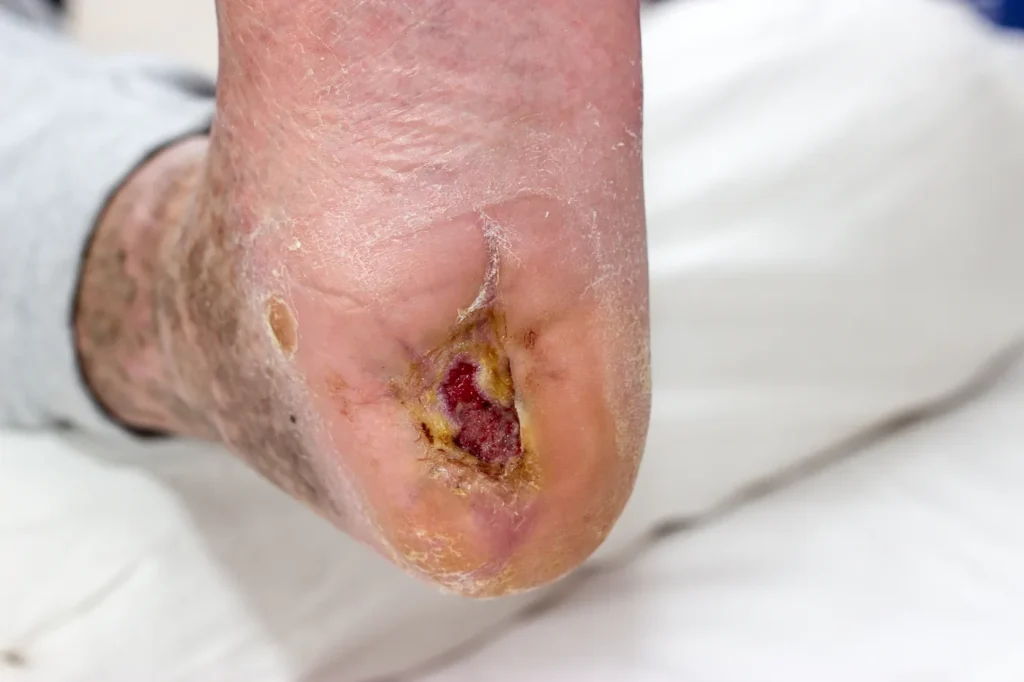The Transformative Role of AI in Clinical Trials
Mar 22, 2025Navigating Greek Life in College with Type 1
Jan 15, 2025The Awesomeness of the Patient Professor Academy
Dec 23, 2024Giving Thanks
Nov 23, 2024Kidney Health: A Critical Focus for Black and Brown Communities
- Hailey Gascoigne, PharmD
- 4 Minutes Read Time
Kidneys are vital organs that perform essential functions that affect the overall health of the body, including filtering waste products, excess water, and other impurities from the blood. These waste products are stored in the bladder and later expelled through urine. Additionally, kidneys regulate pH, salt, and potassium levels in the body. They also produce hormones that regulate blood pressure and control the production of red blood cells. However, kidney diseases have emerged as a significant health concern worldwide, disproportionately affecting Black and Brown communities. This article aims to highlight the importance of kidney health, address the disparities in kidney disease prevalence, and offer tips for early detection and prevention.
The Disproportionate Impact on Black and Brown Communities
Research shows that individuals from Black and Brown communities are at a higher risk of developing kidney diseases compared to their white counterparts. Factors contributing to this disparity include higher rates of diabetes and high blood pressure, socioeconomic factors, limited access to quality healthcare, and certain genetic predispositions such as susceptibility to conditions like focal segmental glomerulosclerosis (FSGS) and apolipoprotein L1 (APOL1) related kidney diseases.
Moreover, systemic issues such as healthcare bias and less access to early screening and treatment further exacerbate these disparities, leading to later-stage diagnosis when treatment options are limited and less effective.
Early Detection and Prevention
Early detection of kidney disease is crucial for effective management and slowing the progression of the disease. Unfortunately, kidney diseases often remain undiagnosed until they have progressed significantly because they are asymptomatic in the early stages. Here are several tips for early detection and prevention, particularly aimed at individuals in high-risk groups:
Regular Check-ups
Regular medical check-ups that include blood and urine tests can help detect early signs of kidney dysfunction. Two key tests are the serum creatinine test, used to estimate the glomerular filtration rate (GFR), and the urine albumin-to-creatinine ratio (UACR), which checks for protein in the urine.
Healthy Lifestyle
Maintaining a healthy lifestyle can significantly reduce the risk of developing conditions that lead to kidney disease. This includes controlling blood sugar levels, managing blood pressure, maintaining a healthy weight, eating a balanced diet, quitting smoking, and limiting alcohol intake.
Education and Awareness
Education on the importance of kidney health and awareness of the risks of kidney disease are crucial. Community health initiatives and public health campaigns can play significant roles in these areas, especially in underserved communities.
Access to Healthcare
Improving access to quality healthcare, including preventive services and early treatment options, is vital in addressing the disparities in kidney disease prevalence among Black and Brown communities.

Healthy Lifestyle
Maintaining a healthy lifestyle can significantly reduce the risk of developing conditions that lead to kidney disease. This includes controlling blood sugar levels, managing blood pressure, maintaining a healthy weight, eating a balanced diet, quitting smoking, and limiting alcohol intake.
Education and Awareness
Education on the importance of kidney health and awareness of the risks of kidney disease are crucial. Community health initiatives and public health campaigns can play significant roles in these areas, especially in underserved communities.
Access to Healthcare
Improving access to quality healthcare, including preventive services and early treatment options, is vital in addressing the disparities in kidney disease prevalence among Black and Brown communities.
Conclusion
Kidney health is a pressing issue, particularly in Black and Brown communities where the prevalence of kidney disease is disproportionately high. Through education, early detection, and lifestyle modifications, the trajectory of kidney disease in these communities can be altered. It’s essential for healthcare providers to work towards equitable healthcare solutions and for individuals to take proactive steps in maintaining kidney health. Only through concerted efforts can we hope to address the disparities in kidney health and improve outcomes for all.
References
- Centers for Disease Control and Prevention (CDC). Chronic Kidney Disease in the United States, 2021. CDC’s Division of Diabetes Translation. CDC.gov
- National Kidney Foundation. African Americans & Kidney Disease. Kidney.org
- United States Renal Data System. 2020 USRDS Annual Data Report: Epidemiology of Kidney Disease in the United States. National Institutes of Health, National Institute of Diabetes and Digestive and Kidney Diseases, Bethesda, MD, 2020.
Dr. Hailey Gascoigne is an award-winning healthcare industry leader, two-time published author, and a passionate advocate for community empowerment. As a Jamaican American and a proud alumna of Florida A&M University, Dr. Gascoigne has dedicated over eight years to innovating in the healthcare and biotechnology sectors. She co-founded Rxcellence, a global nonprofit aimed at guiding students and professionals in minority communities towards non-traditional career opportunities in healthcare. Additionally, Dr. Gascoigne serves as the Director of Marketing for the South Florida Chapter of the National Sales Network, where she plays a pivotal role in shaping the future of healthcare marketing and sales. A certified kidney health coach, she is also a vocal advocate for kidney health awareness and bariatric surgery education. Through her dynamic leadership and unwavering commitment, Dr. Gascoigne continues to make a profound impact on healthcare and professional development, establishing her as a transformative leader and an inspiring figure in the field.

















